PENGUIN

CLASSICS
PERCY BYSSHE SHELLEY:
SELECTED POEMS AND PROSE
The eldest child of a family of landed gentry in West Sussex, PERCY BYSSHE SHELLEY (17921822) was heir to a considerable fortune and, from 1806, to a baronetcy. The major directions of his thought and writings were formed early. At Eton (180410), where he was teased and bullied by the other boys, he developed (encouraged by the enlightened physician Dr James Lind) an enthusiasm for contemporary science, began to read radical writers, published a short Gothic novel and, on leaving school, collaborated with his sister on his first volume of verse. Matriculating at University College, Oxford, in autumn 1810, he became a close friend of Thomas Jefferson Hogg, with whom he wrote and distributed the pamphlet
The Necessity of Atheism, leading to their joint expulsion from the university in March 1811. In August of that year Shelley eloped with the sixteen-year-old Harriet Westbrook, precipitating a rupture of relations with his family. During a visit to Ireland in FebruaryMarch 1812 he agitated for Catholic emancipation and repeal of the Union with England and distributed political pamphlets he had written for the purpose, an early instance of a life-long engagement with liberal politics.
Shelleys first major poem, the radical, anti-religious and visionary Queen Mab (1813), was printed and distributed privately. In July 1814 he left London to travel in France and Switzerland with his future wife Mary Godwin and her step-sister, Claire Clairmont. Following his grandfathers death in 1815, Shelley inherited a substantial sum and was provided with a regular income, both of which he shared generously. The following summer he spent with Byron in Switzerland, beginning a complex and challenging friendship that lasted until Shelleys death. Another lasting friendship, with the poet, essayist and editor Leigh Hunt, introduced him to a group of writers that included John Keats and William Hazlitt. After leaving England in March 1818, the Shelleys travelled widely in Italy before settling at Pisa.
During these final years of his life he produced a series of masterpieces which include Prometheus Unbound, Adonais, The Triumph of Life and A Defence of Poetry. Shelley drowned off the north-west coast of Italy in July 1822. JACK DONOVAN was formerly Reader in English at the University of York (UK), having previously taught at universities in the United States and France. He has written on French and English Sentimental and Romantic literature and is currently one of the editorial team preparing a complete annotated edition of Shelleys poetry. CIAN DUFFY is Professor of English Literature at Lund University, Sweden. He has written on various aspects of British Romantic-period literature and is currently working on the relationship between romanticisms and romantic nationalisms in Britain and the Nordic countries. Reiman. Reiman.
In addition, we have benefitted particularly from the documents and commentaries in the volumes of Shelley and His Circle 17731822, edited (successively) by Kenneth Neill Cameron, Donald H. Reiman and Doucet Devin Fisher, as well as several recent editions of Shelleys work: by Donald H. Reiman, Neil Fraistat and Nora Crook for Johns Hopkins University Press; Geoffrey Matthews, Kelvin Everest and others for the Longman Annotated English Poets series; Timothy Webb for Dent; Donald H. Reiman and Neil Fraistat for Norton; and Michael ONeill and Zachary Leader for OUP Worlds Classics. For valuable advice and help over many years the editors wish to thank especially Bruce Barker-Benfield, John Barnard, John Birtwhistle, Nora Crook, Elizabeth Denlinger, Kelvin Everest, Doucet Devin Fisher, Michael ONeill, Michael Rossington, Timothy Webb and Alan Weinberg. Kate Parkers meticulous and patient copy-editing has been exemplary.
The following institutions have kindly allowed us to take manuscripts in their possession as the basis of our texts, for which detailed references are supplied in the notes to the relevant poems and prose: the Pierpont Morgan Library, New York; the British Library; the Houghton Library, Harvard University; Edinburgh University Library; the Provost and fellows of Eton College; Special Collections Centre, University of Aberdeen; the Bodleian Libraries, University of Oxford; the Carl H. Pforzheimer Collection of Shelley and His Circle, New York Public Library; the Carl and Lily Pforzheimer Foundation, Inc.; the Library of Congress; the Syndics of Cambridge University Library; the Rosenbach of the Free Library of Philadelphia; the Bibliotheca Bodmeriana, Cologny-Genve, Switzerland; the Henry E. Huntington Library, San Marino, California; and the John Rylands University Library of Manchester.
Appendix
The Contents of Shelleys Volumes of Verse Published in His Lifetime
Original Poetry; by Victor and Cazire by Shelley and his sister Elizabeth (London: J. J. Stockdale, 1810) Letter (Here I sit with my paper, my pen and my ink) Letter: To Miss From Miss Song (Cold, cold is the blast when December is howling) Song (Come ! sweet is the hour) Song: Despair Song: Sorrow Song: Hope Song: Translated from the Italian Song: Translated from the German The Irishmans Song Song (Fierce roars the midnight storm) Song: To (Ah! sweet is the moonbeam that sleeps on yon fountain) Song: To (Stern, stern is the voice of fates fearfull command) Saint Edmonds Eve [The discovery that this poem was plagiarized from Matthew (Monk) Lewis,
Tales of Terror (1801), caused the volume to be withdrawn] Revenge Ghasta; or, The Avenging Demon!!! Fragment, or The Triumph of Conscience
Posthumous Fragments of Margaret Nicholson; Being Poems found amongst the Papers of that Noted Female who attempted the Life of the King in 1786, edited by John Fitzvictor (Oxford: J.
Munday, 1810) Ambition, power, and avarice, now have hurld Fragment. Supposed to be an Epithalamium of Francis Ravaillac and Charlotte Cord Despair (And canst thou mock mine agony, thus calm) Fragment (Yes! all is pastswift time has fled away) The Spectral Horseman Melody to a Scene of Former Times Queen Mab; A Philosophical Poem: With Notes (printed privately, 1813; first unauthorized edition: London: William Clark, 1821) Dedication: To Harriet***** Queen Mab Alastor; or, The Spirit of Solitude: and Other Poems (London: Baldwin, Cradock and Joy and Carpenter and Son, 1816) Alastor; or, The Spirit of Solitude O! there are spirits of the air Stanzas.April, 1814 Mutability The pale, the cold, and the moony smile A Summer-Evening Church-Yard, Lechlade, Gloucestershire To Wordsworth Feelings of a Republican on the Fall of Bonaparte Superstition Sonnet. From the Italian of Dante Translated from the Greek of Moschus The Daemon of the World. A Fragment Laon and Cythna; or, The Revolution of the Golden City: A Vision of the Nineteenth Century. In the Stanza of Spenser (London: Sherwood, Neely & Jones and C. and J.
Ollier, 1817), withdrawn and reissued as The Revolt of Islam; A Poem, in Twelve Cantos (London: C. and J. Ollier, 1818) Dedication: To Mary Laon and Cyntha [or] Dedication: To Mary The Revolt of Islam Rosalind and Helen, A Modern Eclogue; With Other Poems (London: C. and J. Ollier, 1819) Rosalind and Helen Lines Written among the Euganean Hills, October, 1818 Hymn to Intellectual Beauty Sonnet. Ozymandias The Cenci.
A Tragedy, in Five Acts, [printed in] Italy (London: C. and J. Ollier, 1819) The Cenci Prometheus Unbound: A Lyrical Drama in Four Acts, With Other Poems (London: C. and J. Ollier, 1820) Prometheus Unbound The Sensitive-Plant A Vision of the Sea Ode to Heaven An Exhortation Ode to the West Wind An Ode [Written, October, 1819, before the Spaniards had recovered their Liberty] The Cloud To a Sky-Lark Ode to Liberty

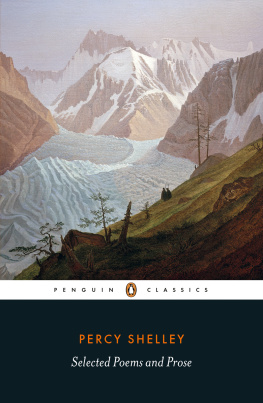
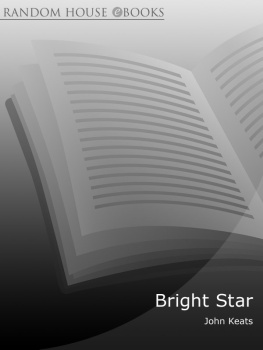



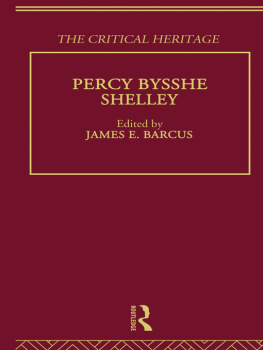
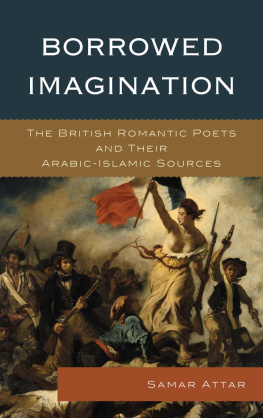
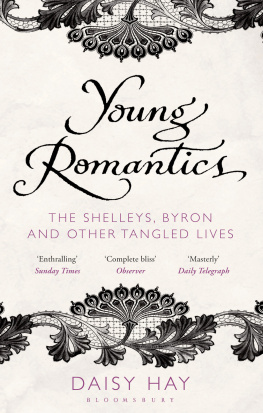
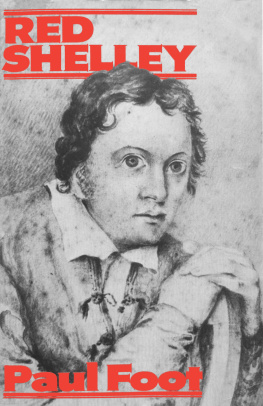
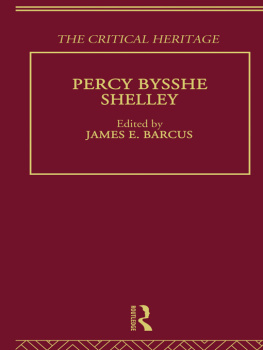
 CLASSICS
CLASSICS